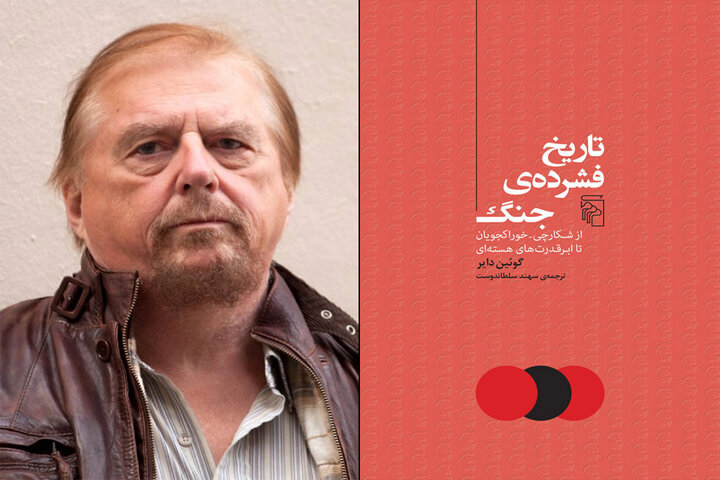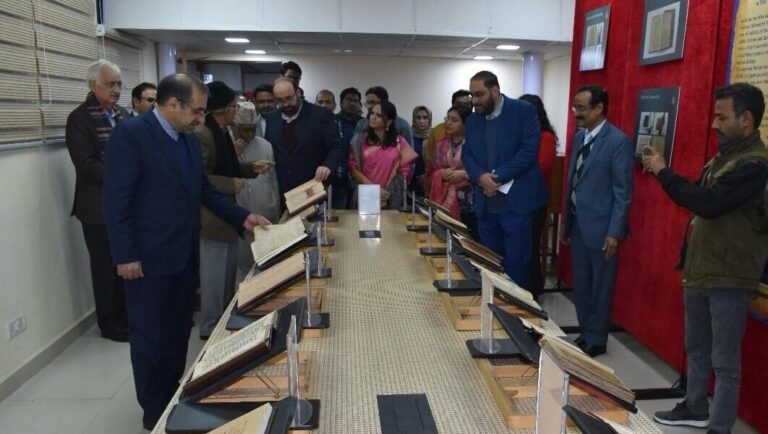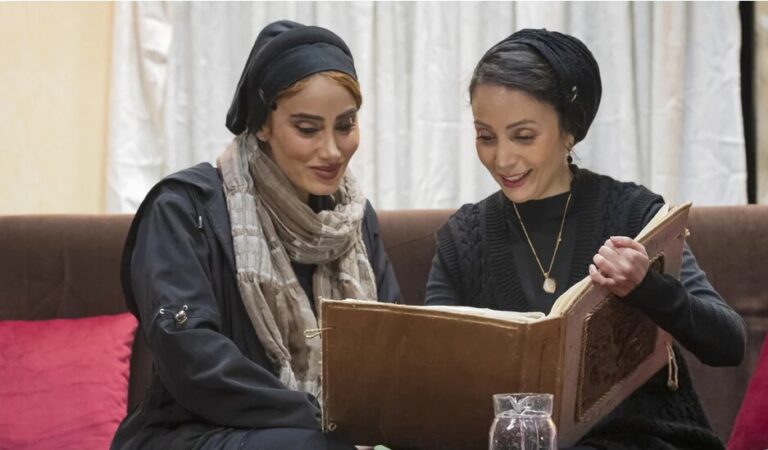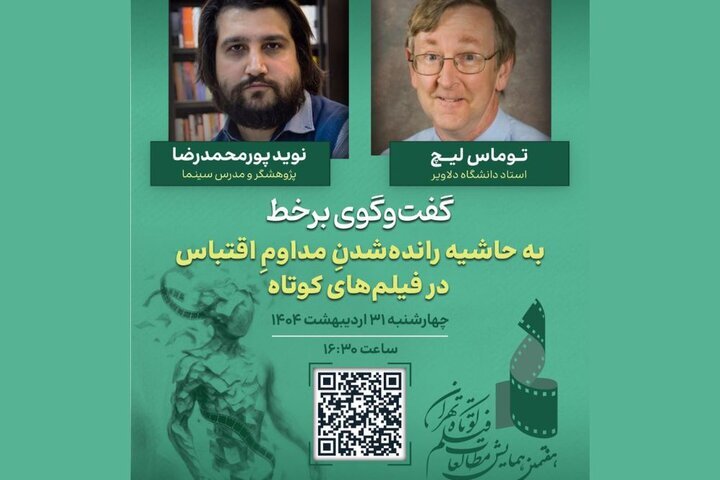Explore Gwynne Dyer’s Insightful ‘Shortest History of War’ Now Available in Persian!
TEHRAN – The newly released Persian translation of “The Shortest History of War: From Hunter-Gatherers to Nuclear Superpowers―A Retelling for Our Times,” authored by Gwynne Dyer, is now available in bookstores throughout Iran. Translated by Sahand Soltandoost, this engaging book has been published by Markaz Publications, spanning 280 pages. The book serves as a comprehensive examination of the evolution of warfare, providing readers with insights into its role in shaping human society.
Originally published in 2021, “The Shortest History of War” presents a succinct yet profound narrative about the transformation of warfare from ancient times to the present day. Dyer, an esteemed historian, explores how war has been a constant in human history, illustrating that despite the changes in warfare technology and strategies, human nature remains largely unchanged.
As Dyer explains, “War has changed, but we have not.” The book takes readers on a journey through time, beginning with our hunter-gatherer ancestors and advancing to the current age of nuclear powers. It highlights key historical moments and transitions in warfare, including:
- Prehistoric Warfare: Understanding the origins of conflict among early human communities.
- The Rise of Civilizations: How the establishment of cities marked a significant shift in martial confrontations.
- The Classical Age of Combat: A deep dive into the thousand-year period characterized by various forms of warfare.
- The Gunpowder Revolution: How the introduction of firearms transformed traditional battle tactics.
- Limited vs. Total War: An exploration of the concepts of limited warfare leading up to the total war paradigm that emerged in the 18th century.
- Nuclear Warfare: The drastic impact of the atomic bomb on global conflict dynamics post-World War II.
Dyer critically examines the brief period of “limited war” before the 18th-century revolution introduced the concept of “total war.” He elaborates on how the catastrophic consequences of warfare were dramatically altered by the nuclear bombings in Hiroshima. The book also addresses the subsequent Cold War era and the recent geopolitical tensions, including Russia’s invasion of Ukraine, which disrupted what was the longest period of peace between major powers since World War II.
In today’s hyperconnected world, Dyer argues that despite advanced technology, we find ourselves on the brink of conflict once again. He points out that climate change exacerbates competition for dwindling resources, as superpowers prepare with atomic arsenals, drones, and the development of futuristic autonomous weapons. The author emphasizes the importance of understanding these dynamics in order to prevent war from defining our future.
Dyer’s analysis is not limited to military history; he also incorporates insights from anthropology, psychology, and other relevant fields to unveil the underlying motivations for conflict. “The Shortest History of War” is not just a narrative of past events; it serves as a crucial resource for anyone seeking to comprehend the intricate role of warfare in human history and the potential paths toward peace.
Gwynne Dyer, now 81, is a distinguished British-Canadian military historian, author, professor, journalist, broadcaster, and retired naval officer. His prominence surged in the 1980s with the launch of his television series “War” in 1983, which was later accompanied by a book in 1985. Since the 1960s, Dyer has resided in London, England, where he continues to work as a syndicated columnist.
Notably, Dyer is recognized as an authority on West Asian affairs, having completed extensive graduate research in this domain and authored numerous works addressing the subject. In recent years, he has shifted his focus to climate change and its geopolitical ramifications, further enriching his perspective on global conflicts.
In summary, “The Shortest History of War” is an essential read for anyone interested in understanding the evolution of warfare and its implications for the future. With its insightful analysis and engaging narrative, this book is poised to become a significant contribution to the discourse on war and peace in contemporary society.






